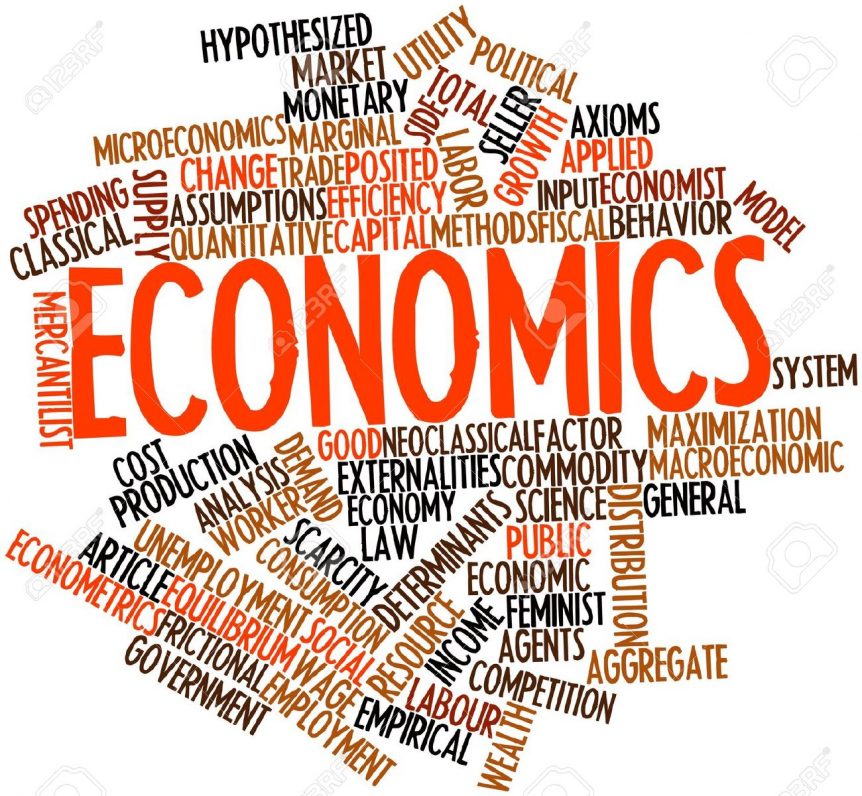
By Carolina Alves and Jan Toporowski
Cambridge Journal of Economics Special Issue / Deadline for submitting papers via CJE refereeing process: 30th April 2022.
2023 marks the fortieth year since the passing of Joan Robinson and her one-hundred-and-twentieth anniversary. This special issue of the Cambridge Journal of Economics aims at presenting a collection of papers that reflect the extraordinary breadth of Robinson’s career and examine what insights these might offer the economics profession and policy makers to address our seemingly most intractable problems of inadequate demand, rising margins with falling competition, and widespread and seemingly intransigent inequality and its consequences. For Robinson the purpose of our discipline is in understanding the real world to enable all global citizens to enjoy life to the full. It is therefore fitting that we follow her lead and demand that we ask of ourselves whether we have done enough to address her challenges to economic theory.
Despite making her international reputation in the Marshallian tradition of economics, she came to regard her generalisation of John Maynard Keynes’s theories and their integration with Kaleckian and Marxian insights as her more substantial contribution, along with a vigorous defence of rigorous evidence-based thought over inductive mathematical modelling. Among an impressive body of work, three books by Robinson mark key moments in the evolution of her ideas: The Economics of Imperfect Competition (1933), An Essay on Marxian Economics (1942), and The Accumulation of Capital (1956) (Marcuzzo, 2003).
In 1933, she made her international reputation with brilliant work within the orthodoxy on imperfect competition, offering an internal critique of the marginalist theory of distribution. Only a decade later, her reflections on reading Karl Marx persuaded Robinson to question the Marshallian methodology, in particular its polite theory of income distribution which became so incongruous during and after the depression (Marcuzzo, 2003).1 Finally, in 1956, she had the courage to follow the logic of her argument to examine the whole neoclassical theory of income distribution and its predominant method, facing the might of the now dominant American economics profession in the [in]famous capital controversy. She had to accept the pyrrhic victory of her interlocutors accepting she was right, yet the profession moving on regardless.
Read More » In his late-night
In his late-night
 There has recently been much talk that the hegemony of the United States is crumbling, from the decline in its share of world GDP to its possible submission to a new economic power such as China. However, little has been said about the fundamental pillar that sustains the power of the United States, the US dollar.
There has recently been much talk that the hegemony of the United States is crumbling, from the decline in its share of world GDP to its possible submission to a new economic power such as China. However, little has been said about the fundamental pillar that sustains the power of the United States, the US dollar.


